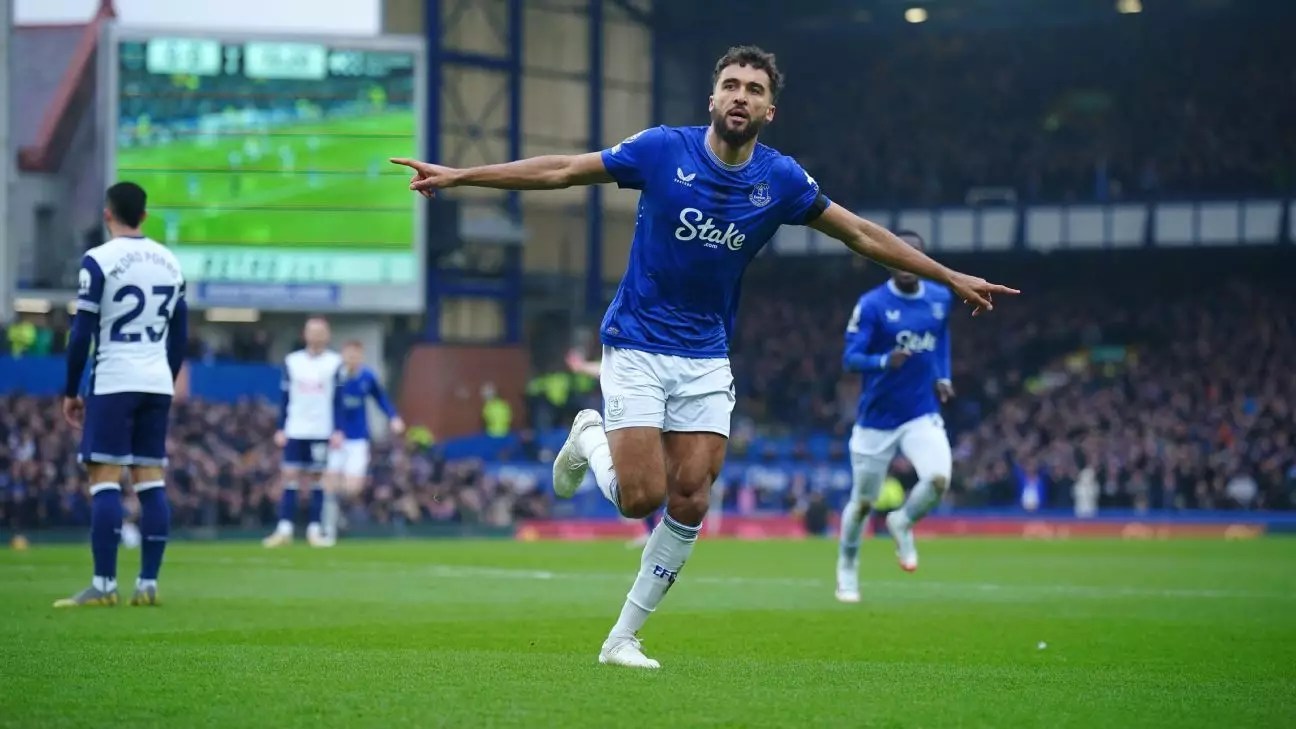In the ever-evolving world of football, transfer windows serve as a strategic battleground where clubs sharpen their squads for future dominance. The recent activity highlights a fundamental truth: success hinges on adaptability and bold decision-making. Teams like Manchester United, Arsenal, and Sporting CP demonstrate that shrewd signings and calculated player negotiations can redefine their trajectories. Recognizing the importance of fresh talent and tactical flexibility allows these clubs to stay ahead in a fiercely competitive environment. Each transfer is more than a transaction—it’s an investment in strategic reinvention, often driven by long-term visions rather than short-term fixes.
Beyond the Name: Building a Cohesive Squad for Sustainable Success
Recruitment in the football world is seldom about individual high-profile signings alone; it’s about understanding how new players complement existing frameworks. Manchester United’s pursuit of Dominic Calvert-Lewin exemplifies this philosophy. Despite his injury struggles, the English striker offers a potent mix of experience and goal-scoring instinct that can catalyze the team’s offensive potency. Similarly, Arsenal’s interest in Viktor Gyökeres reflects a desire to merge youthful energy with tactical versatility. Such moves aren’t mere fan service—they are calculated efforts to craft a resilient, adaptable team capable of competing at multiple fronts. Clubs operating with this mindset often prioritize long-term cohesion over fleeting glamour, a strategy vital for sustained success.
The Power of Leverage and Negotiation in Modern Transfers
In today’s transfer arena, leverage plays a pivotal role. Gyökeres’ potential strike reflects a bold strategy: using player discontent as a bargaining chip. While some view this as risky or unethical, it underscores how clubs and players alike understand the leverage points at their disposal. Sporting CP’s resistance to selling Gyökeres at undervalued prices indicates a tough negotiation stance—yet, if the player refuses preseason, the entire dynamic shifts. This type of strategic pressure can lead to negotiations that favor the buying club, provided they have patience and clarity. The transfer market has transformed into a game of chess, where patience, timing, and understanding all contribute to successful moves.
Globalization of Talent: Opportunities and Challenges
The international market for football talent has never been more vibrant. The potential move of Mikey Johnston to Flamengo exemplifies how clubs are broadening their scouting horizons beyond traditional European borders. For Johnston, a move to Brazil isn’t just about a new chapter; it’s an opportunity to reinvent himself amidst a different footballing culture. Similarly, Jens Cajuste’s loan to Beşiktaş illustrates strategic flexibility for both the player and the clubs involved, allowing for short-term gains with the possibility of long-term investment. These moves underscore that globalization has empowered clubs to seek talent worldwide, yet they also come with complexities like adaptation to different playing styles and cultural shifts—elements that ultimately test a player’s resilience and a club’s foresight.
The Strategic Acquisition of Star Power: How Big Money Can Define a Dynasty
The signing of Martín Zubimendi by Arsenal for €60 million signals an era where monetary investment is closely tied to strategic vision. Such a substantial outlay not only improves on-pitch quality but also sends a message to rivals—investments in talented players are non-negotiable for clubs with ambitions of reigning supreme. This ‘buying power’ is a double-edged sword: while it can elevate a team rapidly, it also raises questions about financial sustainability and cultural fit. Arsenal’s proactive approach in locking down key talent reflects an understanding that, in modern football, the race for excellence is also a race for resources—those that can turn potential into tangible success.
The dynamics within the transfer market showcase a complex dance of ambition, strategy, and risk management. Modern clubs don’t merely buy players; they craft visions of future greatness, balancing immediate needs with long-term growth. As teams navigate these turbulent waters, their success often depends on their ability to adapt swiftly, negotiate wisely, and build sustainable, competitive squads built not just around names, but strategic visions for the future.


Leave a Reply